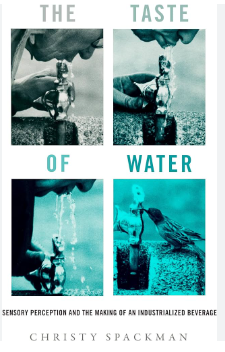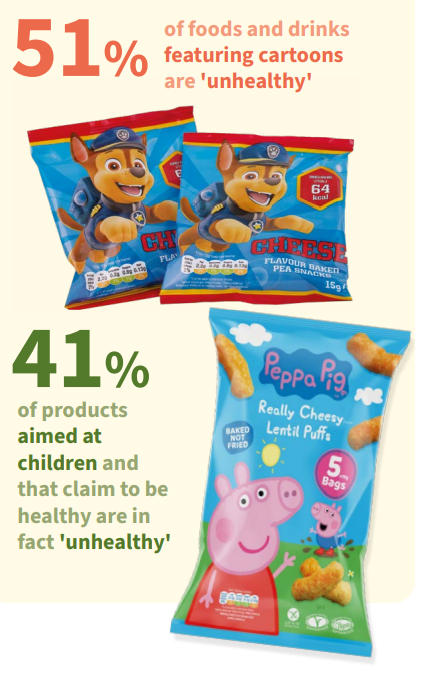Yet another Salmonella outbreak from cantaloupe
I’m having a hard time with this one.
Once again, the FDA is warning all of us : “Do not eat, sell, or serve recalled cantaloupes or recalled products containing pre-cut cantaloupe.”
The warning lists the products implicated and all the ones that have been recalled.
CDC is concerned about this outbreak because the illnesses are severe and people in long-term care facilities and childcare centers have gotten sick. Do not eat pre-cut cantaloupes if you don’t know whether Malichita or Rudy brand cantaloupes were used.
As of November 30, the toll is:
Total Illnesses: 117
Hospitalizations: 61
Deaths: 2But that’s only in the U.S. Canada reports illnesses too: 63 sick, 17 hospitalized and 1 death.
This, mind you, is from eating cantaloupe.
It’s not that nobody knew cantaloupe poses special safety problems. It’s grown on the ground and is hard to wash. If it is grown anywhere near animal wastes, it has a high risk of getting Salmonella on its rind. Cutting through the rind can move harmful bacteria on the rind into the interior.
Food safety lawyer Bill Marler, who tracks such things, reminds us of previous lawsuits over cantaloupe food poisonings.
He also has some useful things to say about Salmonella during a Cantaloupe Outbreak – Symptoms and Treatment
Cantaloupes, he points out, might still be in season, but Salmonella should not be.
He quotes Perdue (sic Purdue) Extension on how to make cantaloupe safer: scrub and wash in very hot water.
But Marler has been quoted as saying he does not eat cut fruit (implying you should not either).
What’s infuriating about all this is that Congress passed the Food Safety Modernization Act to give the FDA the power to require safety plans from producers of every food under its jurisdiction. This means cantaloupe growers are supposed to take steps—and test—to make sure the fruit is not contaminated with pathogenic bacteria.
Clearly, the system isn’t working.
The FDA needs to find out why not.
The FDA is chronically and infamously underfunded for what it is supposed to do.
Congress needs to pay attention to this issue.
Nobody should get this sick from eating cut fruit.
And if you haven’t seen the film featuring Marler (I’m in it too, briefly), take a look at Poisoned on Netflix. It talks about cantaloupe, among other things worth knowing.



